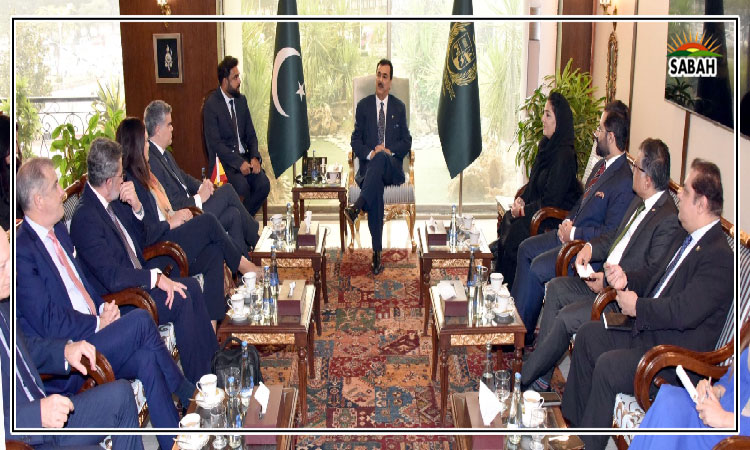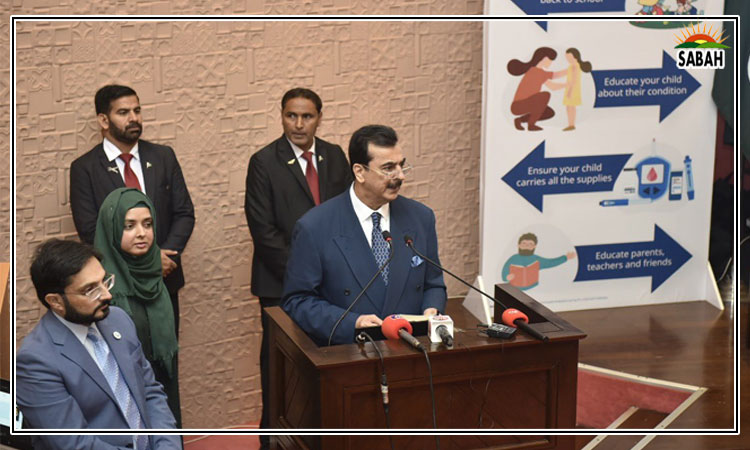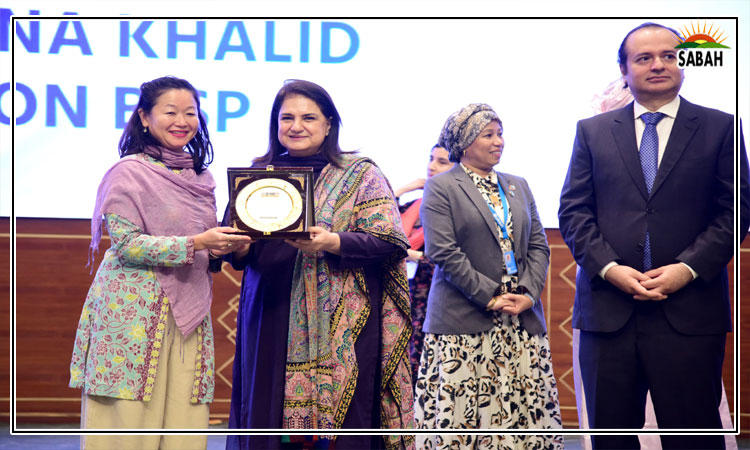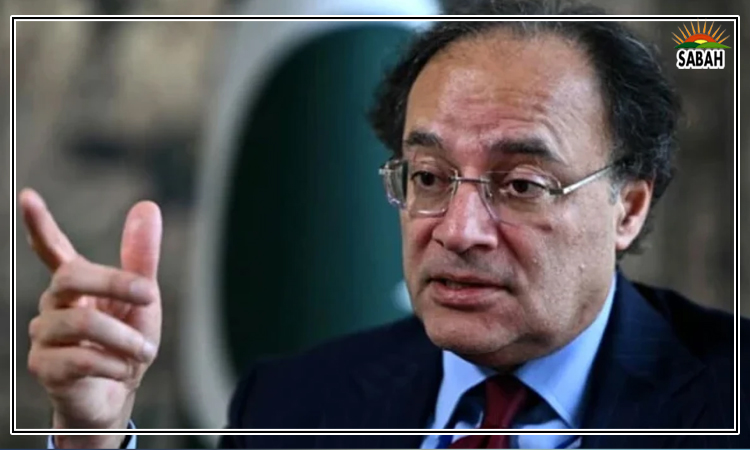Sanctity of contracts…Ahmer Bilal Soofi
ECONOMISTS reviewing Pakistans economic conditions invariably advise that foreign investment will not come to the country nor economic activity accelerate if the sanctity of the contract is not upheld. Individuals do not give much sanctity to commercial contracts, and state institutions like the Supreme Court are sometimes dismissive of international laws and treaties. Is there a way to convince ordinary people as well as those who hold positions of authority in policymaking that they must, as a matter of compulsion under the law, honour their words and pledges?
It is submitted that, in this regard, one needs to drive home the emphasis on the sanctity of contracts that the Quran refers to as an integral article of faith. This aspect has not been fully highlighted and it has never been converted into a popular narrative. The fact is that the Quran is perhaps one of the only religious books that gives a tutorial to its followers on how to draft covenants and contracts. It insists that oral understandings be put in writing. The holy book goes on to make upholding of contracts an integral feature of the faith in addition to the recognised elements of belief and rituals.
The word misaq or agreement appears in the Quran 34 times. In some places, the covenant is mentioned as Ahd Allah. In other words, all agreements that are done between a believer and third parties are effectively agreements pursuant to the Quran, which we seldom seem to appreciate. Thus, the agreement of buying and selling property, the agreement of sales of goods, the agreement of insurance, the agreement of carriage of goods, the agreement of lease of property, the agreement of employment, and the likes, all need to be upheld as, for a believer, they are deemed to be agreements under the Quran. The Quran emphasises that every covenant, whether written or oral, even when entered into with another person, ought to be honoured as Allah watches over it and will be asking us about it.
The traditions of Prophet Muhammad (PBUH) confirm the Quranic pronouncements regarding the fulfilment and upholding of covenants, treaties, pacts and promises, even with non-believers. As a party to a contract, there is no distinction maintained between the treatment of a believer and a non-believer. Modern-day contracts involve diverse natures of specialised contracts not only with the believers, but also with those who do not believe in the Quran. They may be construction contracts with foreign firms, or contracts relating to sales of goods with private parties within a city, state, and other states. They may include transport agreements, or carriage of goods contracts. All of them need to be honoured, and the believer should be clear that this is their obligation, both under contemporary contract law and also under the law of upholding covenants as laid out in the Quran.
If somehow it is made clear to the faithful in Pakistan that their business commitments and contracts are linked with the Quran and they will be answerable for them and rewarded for upholding the same, then we may actually see a renewed consciousness towards upholding agreements both at the individual and the state level.
Lets not forget Pakistan is party to numerous treaties. Treaties have been one of the most significant tools of international relations both in ancient and modern times. In todays age, international treaties have become the cornerstone of global order, harmony, and cooperation. The number of treaties is countless and an indicative indexing is found in the UN treaty series.
Everything around us, namely the environment, space, water, trade, movement of goods, shipping, aviation, human rights, terrorism, drug trafficking, etc, are regulated by extensive multilateral treaties and legal instruments. Almost all Muslim states are also parties to most of these treaties. We, as believers of the Quran, have a duty to implement the treaties that we sign. In other words, a good believer has to be a responsible citizen of his country and that of the world.
Legal and religious scholars will serve the cause of Pakistans economy better if they are able to make the faithful realise that upholding covenants and contracts is an integral article of faith and that they should endeavour to internalise this as a conviction whenever they entertain second thoughts on an agreed covenant.
Courtesy Dawn












